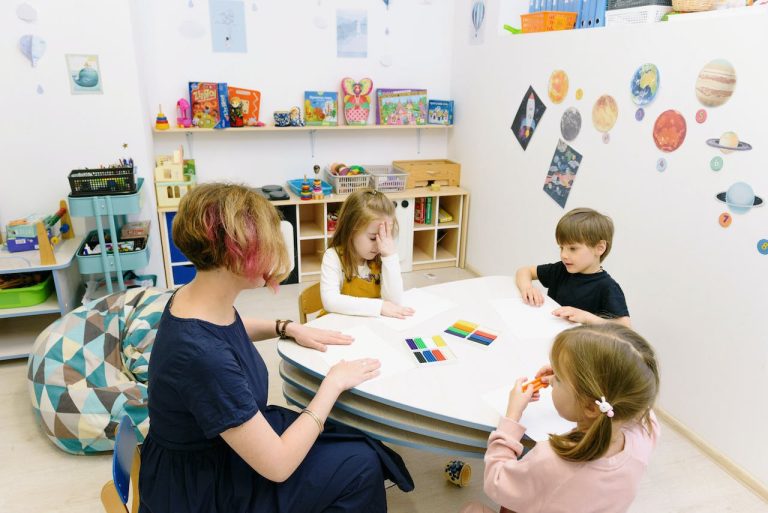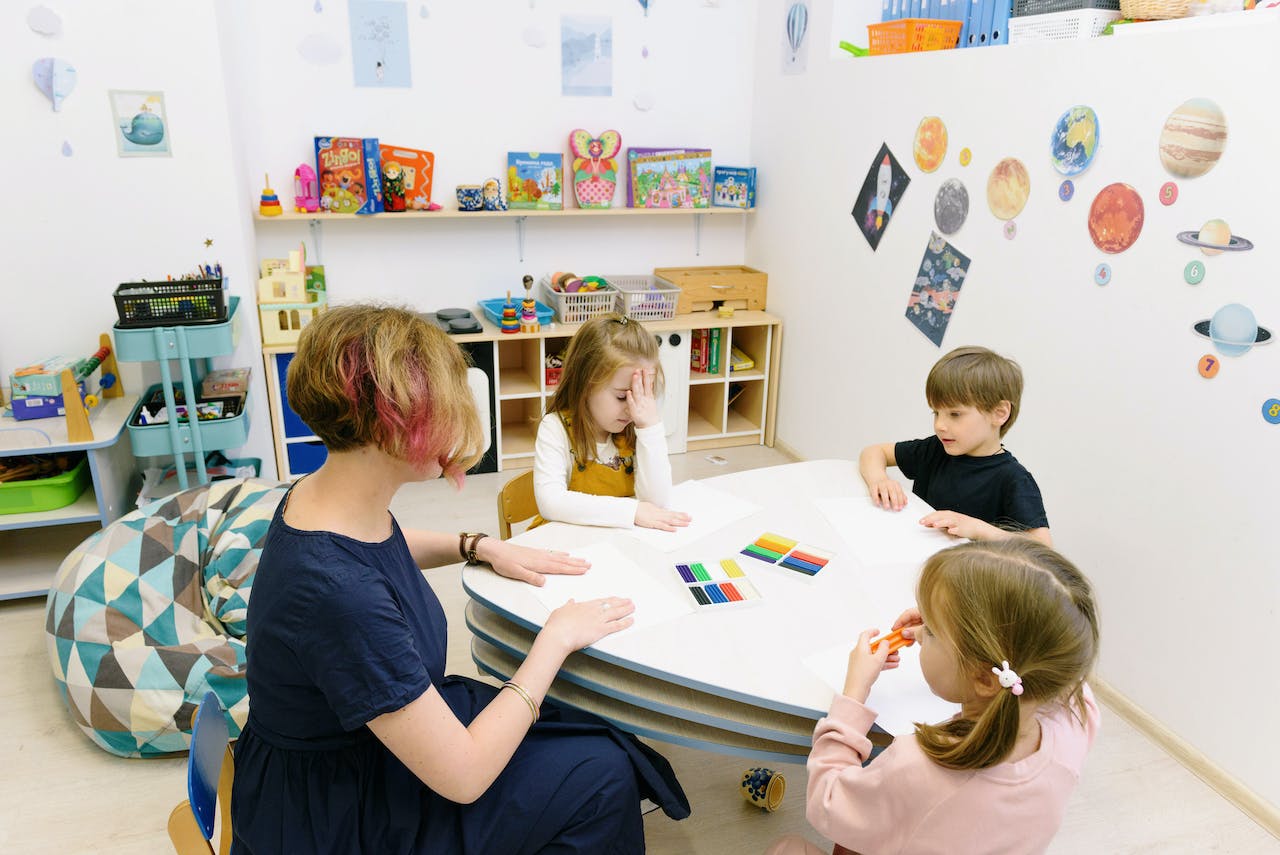Working hours
Mon - Fri: 8am to 5pm
Mon - Fri: 8am to 5pm
Share


The quest for continuous improvement is the driving force behind many industries, including early childhood education.
By keeping up-to-date with new studies and ensuring best practices are followed, early years settings can deliver consistently high-quality experiences for our children.
One approach to continuous improvement is the practice of peer-on-peer observations. In this blog, we cover what they are, why they matter and how you can do them better to maintain an outstanding quality of care for the children in your settings.
(Oh, and we also debunk the myth that they need to be time-consuming for managers…)
Peer observation is practiced by practitioners and staff in early years settings.
During peer observations, one peer, regardless of their department or role within the setting, observes the other. The observer is able to gain new perspectives and techniques from watching another practitioner in action, and the observee is given constructive feedback; everyone involved can use peer observations to develop their own practice and strive for excellence.
Whilst they are not a formal requirement of the Early Years Foundation Stage (EYFS) statutory framework, peer observations can be a highly valuable tool in supporting professional development among your team, as well as improving the quality of your settings’ provision.
How often do you get to learn how your professional input looks and feels from others around you?
Feedback is a gift. As well as a method of offering reflection to staff members, peer observations can be used as a tool for learning, ensuring that the whole team remains engaged and inspired to be the best they can be.
Observations shouldn’t feel like a test. To get the most out of peer observations, remember that they can be informal, collaborative and positive. The goal is for everyone to do better, as a collective, to enhance the quality of the early years setting and provision as a whole.
So we know what they are, but how can they help you run a brilliant early years setting?
Let’s take a look at the advantages.
When carried out with positivity and growth in mind, peer observations are a feedback and development tool that gives staff members a space to learn from each other.
By watching how others perform their role, team members can experience different ways of doing things, and this supports the continuous professional development that is so vital to delivering a gold-standard early years provision. enhances continuous development.

As individuals, we all bring something different to a team, and celebrating the differences between us makes us a whole lot stronger.
Performing peer observations as best practice within your setting means that diversity among perspectives is encouraged and shared, and this breadth of knowledge and understanding makes way for innovative and creative problem-solving.
Managers have long to-do lists, and being responsible for delivering feedback and gaining improvement across the team doesn’t have to fall solely on them.
Peer observations spread this load across all staff members within a setting, which can be especially helpful where managers are short on valuable time.
Peer observations can be brief, given that it’s often unrealistic to carry out extensive evaluations as part of a busy nursery day and work well, forming part of the official supervisions that are mandatory in the EYFS.
Using the descriptors from the Ofsted early years inspection framework is the perfect way to get to grips with the terminology in advance of a visit. Becoming more familiar with what’s required of the setting and practice to meet the ‘good’ and ‘outstanding’ awards also means you can spot gaps or make improvements ahead of time, making it more likely you’ll get the result you want.
When staff members collaborate through observations, it stimulates a culture of support, communication and teamwork. Skill-sharing also organically takes place as perspectives and approaches are observed and discussed.
Peer observations, done well so that all staff members receive constructive feedback, give teams a boost that positively impacts morale.
Observers can provide constructive coaching to their peers, highlighting strengths, gently helping them identify areas for improvement and framing all suggestions in a positive light.
Feedback given in this way promotes reflection and opens up a line of communication that’s based on trust, well-being and growth.
Peer observations have the power to reduce the strain on managers, provide learning and development opportunities for all staff members AND boost supportive teamwork across the board.
MBK’s Peer Observation system is designed to make things simple.
Want to include peer observations on your weekly schedule but need help figuring out where to start? Performing observations already, but feel they’re a little lacklustre? Want to up your setting’s professional offering? Check out our Peer Observations resource to get the ball rolling.
With the ever-changing regulations and guidance, join our monthly newsletter to stay current and learn more about running a better childcare setting.
Simply enter your details below to join our mailing list.
"*" indicates required fields
By completing this form you are agreeing to our privacy policy You can unsubscribe at any time

Millennium House, High Street,
Studley, Warwickshire, B80 7HJ.